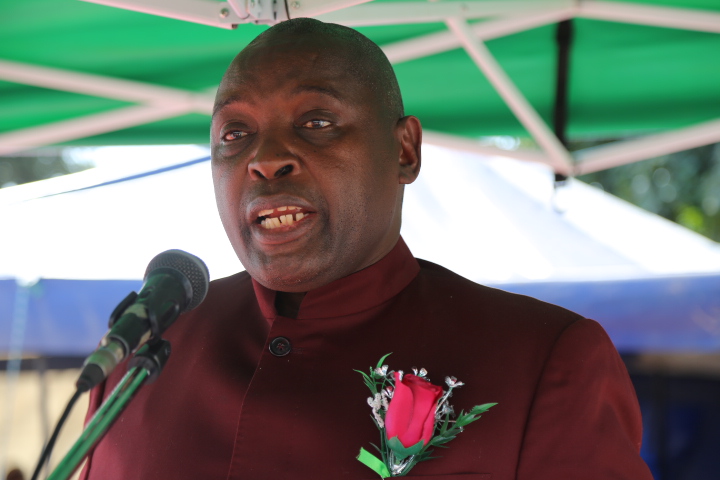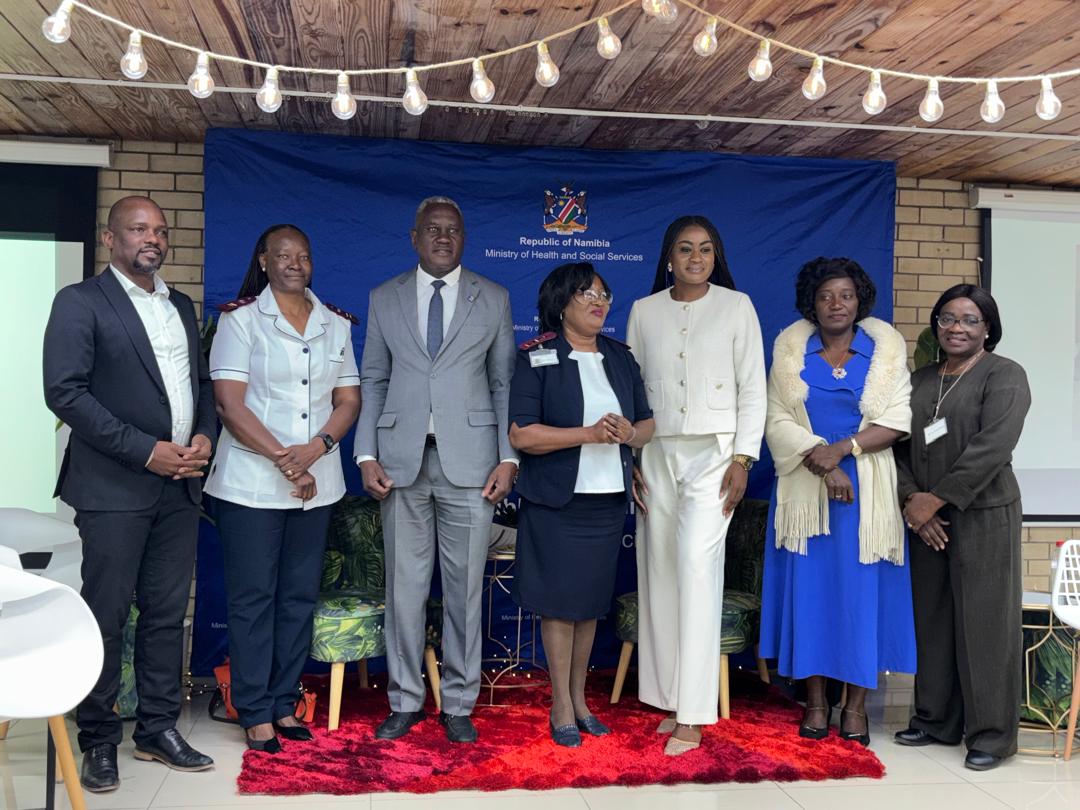THE huge amounts of money spent on symposiums and workshops and little action taken so far to reach the millennium development goals came under attack on the first day of a regional water symposium in Windhoek yesterday.
More than 100 scientists, students, professors, water managers, politicians and international experts from 12 countries have gathered in the capital for the fifth Waternet annual symposium. “It is difficult to explain why large fractions of the rural population in SADC are still without proper water and sanitation services,” said Pieter van der Zaag, a visiting Dutch professor at the University of Zimbabwe, in his address on whether Integrated Water Resources Management (IWRM) was a relevant concept or irrelevant buzzword.He said it would be easy to find many scapegoats to blame it on, but a lack of political will was the only factor to explain the lack of commitment by the political elite to care for the poor.The Prince of Orange of the Netherlands, who is the patron of the Global Water Partnership and second chair of the Second World Water Forum, told The Namibian he had a feeling there was political will.He said, though, that the big test would come next year when governments had to make their IWRM plans available.”The plans will show whether there was political will.”Prince Willem-Alexander said it was too early to say whether the millennium development goals (MDG) related to water would be achieved by 2015.”When the plans are out next year, we will have a better picture.”The water goal aims to halve the number of people without access to safe water and sanitation by 2015.Agreeing that it was an ambitious goal, the Prince said you had to set good objectives in order to achieve something.A representative of Global Water Partnership challenged participants to action.”If what you do do not help to change the plight of the poor, you are wasting your time here and then we will not succeed in achieving the MDGs,” he said.The Prince, who is attending the annual symposium for the first time since its inception at Victoria Falls in 2000, said capacity building was of vital importance after the establishment of IWRM plans.Money is the third requisite, but “if you have a good plan and you have capacity, there will always be investors to support you,” he said.In his address the Prince said WaterNet had attracted international attention and gained scientific recognition.The regional network, comprising 40 institutions from 14 countries in southern and eastern Africa, has established a Masters degree course in integrated water resource management.The course is offered by 23 universities, including Namibia, and about 30 students graduate every year.”It is difficult to explain why large fractions of the rural population in SADC are still without proper water and sanitation services,” said Pieter van der Zaag, a visiting Dutch professor at the University of Zimbabwe, in his address on whether Integrated Water Resources Management (IWRM) was a relevant concept or irrelevant buzzword.He said it would be easy to find many scapegoats to blame it on, but a lack of political will was the only factor to explain the lack of commitment by the political elite to care for the poor.The Prince of Orange of the Netherlands, who is the patron of the Global Water Partnership and second chair of the Second World Water Forum, told The Namibian he had a feeling there was political will.He said, though, that the big test would come next year when governments had to make their IWRM plans available.”The plans will show whether there was political will.”Prince Willem-Alexander said it was too early to say whether the millennium development goals (MDG) related to water would be achieved by 2015.”When the plans are out next year, we will have a better picture.”The water goal aims to halve the number of people without access to safe water and sanitation by 2015.Agreeing that it was an ambitious goal, the Prince said you had to set good objectives in order to achieve something.A representative of Global Water Partnership challenged participants to action.”If what you do do not help to change the plight of the poor, you are wasting your time here and then we will not succeed in achieving the MDGs,” he said.The Prince, who is attending the annual symposium for the first time since its inception at Victoria Falls in 2000, said capacity building was of vital importance after the establishment of IWRM plans.Money is the third requisite, but “if you have a good plan and you have capacity, there will always be investors to support you,” he said.In his address the Prince said WaterNet had attracted international attention and gained scientific recognition.The regional network, comprising 40 institutions from 14 countries in southern and eastern Africa, has established a Masters degree course in integrated water resource management.The course is offered by 23 universities, including Namibia, and about 30 students graduate every year.
Stay informed with The Namibian – your source for credible journalism. Get in-depth reporting and opinions for
only N$85 a month. Invest in journalism, invest in democracy –
Subscribe Now!










